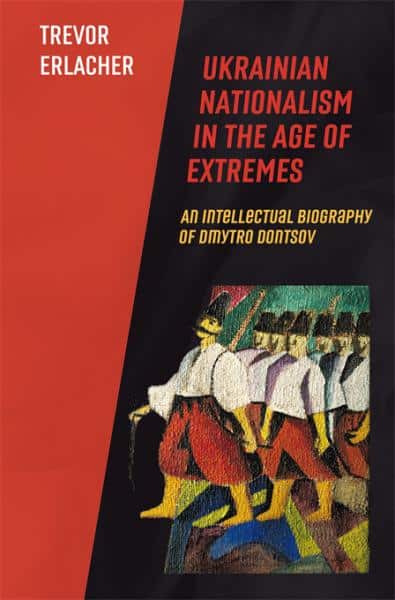
Trevor Erlacher
Academic Advisor for REEES at the University of Pittsburgh and Program Coordinator and Editor for ASEEES
When did you first develop an interest in Slavic, East European and Eurasian Studies?
I have no Slavic, East European, or Eurasian heritage. Instead, my interest in the region began, as it does for many teenagers in the West, with a penchant for Dostoevsky. I started learning Russian after high school, then took a job in a factory working alongside Russian and Ukrainian immigrants in Oregon. By the time I was an undergraduate at Portland State University (PSU), I knew that I wanted to study Russian history, but thanks to Chia Yin Hsu’s courses found myself drawn more to the Ukrainian aspect of the Soviet and Imperial eras. One thing led to another and I wound up completing a PhD in modern Russian and East European history under Don Raleigh at UNC-Chapel Hill.
What support have you received throughout your career (from ASEEES/other societies/federal support/etc.) that has allowed you to advance your scholarship?
Many institutions and individuals have supported my academic work over the years. I’m grateful to my mentors and other teachers in the Departments of History and Slavic Languages and Literatures at PSU and UNC. ASEEES and its regional affiliate, SCSS, buoyed my work with student travel grants and a graduate student essay prize. FLAS fellowships from UNC, Duke, and the Harvard Ukrainian Research Institute (HURI) bankrolled three years, including two summers, of my language learning in graduate school. The Fulbright Program sent me to Ukraine for my dissertation research in 2014-15, and the Canadian Institute for Ukrainian Studies funded a year of dissertation writing immediately thereafter. Most recently, the University of Basel’s Ukrainian Research in Switzerland (URIS) initiative gave me a postdoctoral research and teaching position that allowed me to revise my dissertation for publication.
What is your current research/work project?

What does your ASEEES membership mean to you? How has your involvement with ASEEES helped to further your career?
ASEEES employs me, so it has furthered my career in a direct and concrete way, but I have been a member of the Association for over a decade now as a student and junior scholar. Membership has always been well worth the dues. I value the camaraderie and discourse at the annual convention, and I love reading Slavic Review and NewsNet, which I now have the privilege of editing.
What do you believe is the most important impact ASEEES has on the field?
I believe that ASEEES’s support of graduate students and early-career scholars through the various grant, internship, and mentoring programs is its most important impact on the field.
Besides your professional work, what other interests and/or hobbies do you enjoy?
I enjoy playing guitar and singing songs, camping and hiking, cooking Indian food, and getting into heated discussions about politics and philosophy.